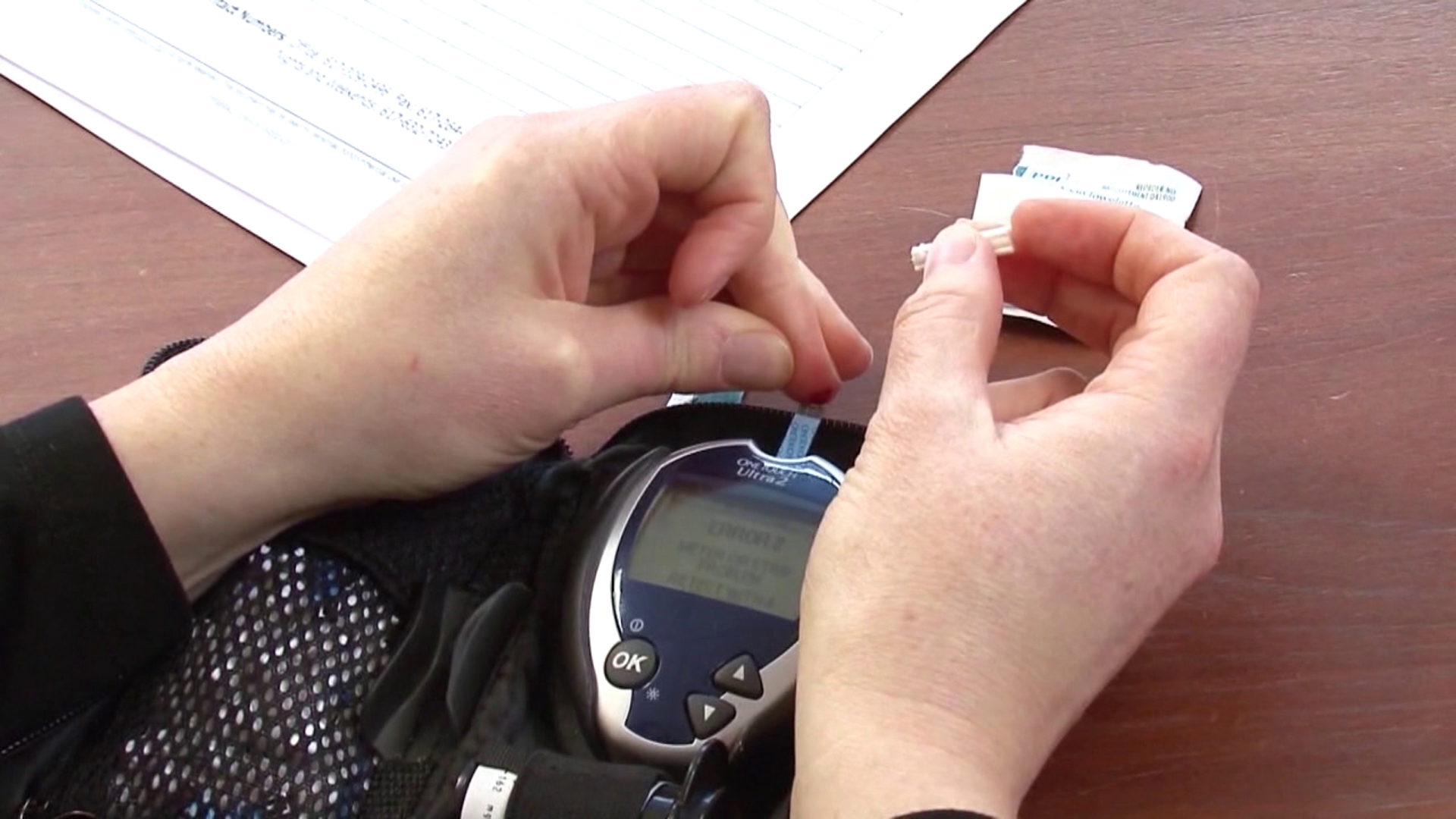WILLIAMSPORT, Pa. — Diabetes is a disease that causes high blood sugar.
It's when your body either needs to make enough insulin to take care of the sugar or the insulin in your body doesn't work as well as it used to.
"So the result is our blood sugar starts to go up, and eventually, that can rise to a level that creates complications. They can be short-term complications, but they can also be chronic complications," said Julie Adams, Registered Dietician at UPMC.
Julie Adams is a Registered Dietician and Certified Diabetes Care and Education Specialist with UPMC.
She explains that Type 1 diabetes happens when your body doesn't make insulin, while Type 2 happens when your body can't use insulin properly, "Insulin is like the key that unlocks the door into our cells so that we can use the sugar in our blood for energy, so when that insulin doesn't work as well, we can't use the energy in food as well as we used to."
Some symptoms people might experience before getting diagnosed with diabetes include "Feeling thirsty, also, more frequent urination. That's because our kidneys try to take care of some of the sugar in our bloodstream by pulling it out through urine," she said.
Plus, if a person's blood sugar is high, they may be tired, really hungry, or their vision may change. And there are risk factors.
"Family history is going to be a strong risk factor, especially if you have a parent or sibling with diabetes," said Adams.
Another is obesity; however, there are some lifestyle factors that reduce the risk of developing diabetes or delay its onset, like weight loss, physical activity, and adopting healthy eating habits.
And if you have diabetes, there are educators all over the country that can guide you through it.
Julie is one of them, "If you see a diabetes educator, we can focus more time and spend that time answering some of the questions about the daily management of diabetes," she said.
Diabetes can also take a toll on your mental health. Julie adds that you should make sure you have a good support system.

